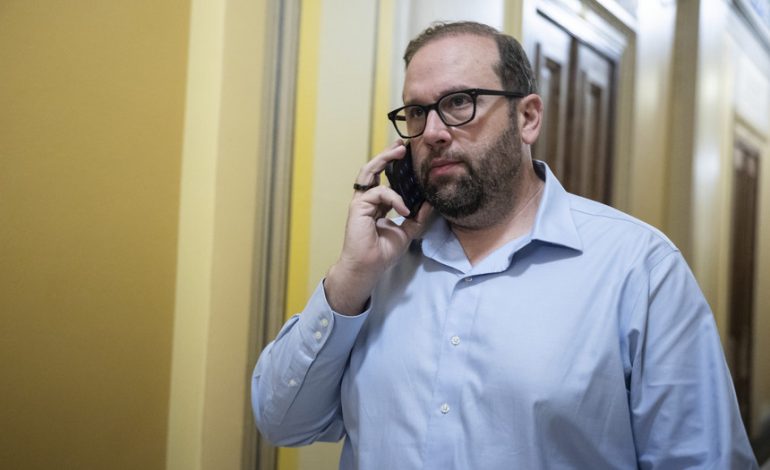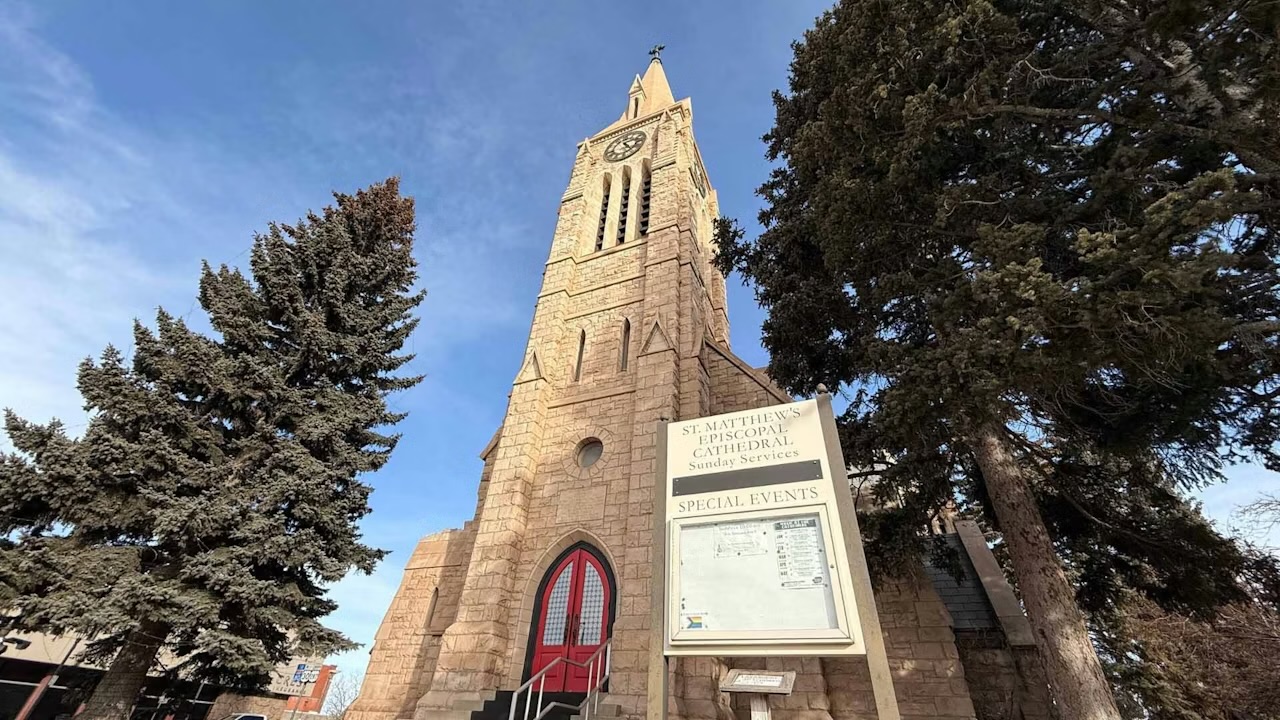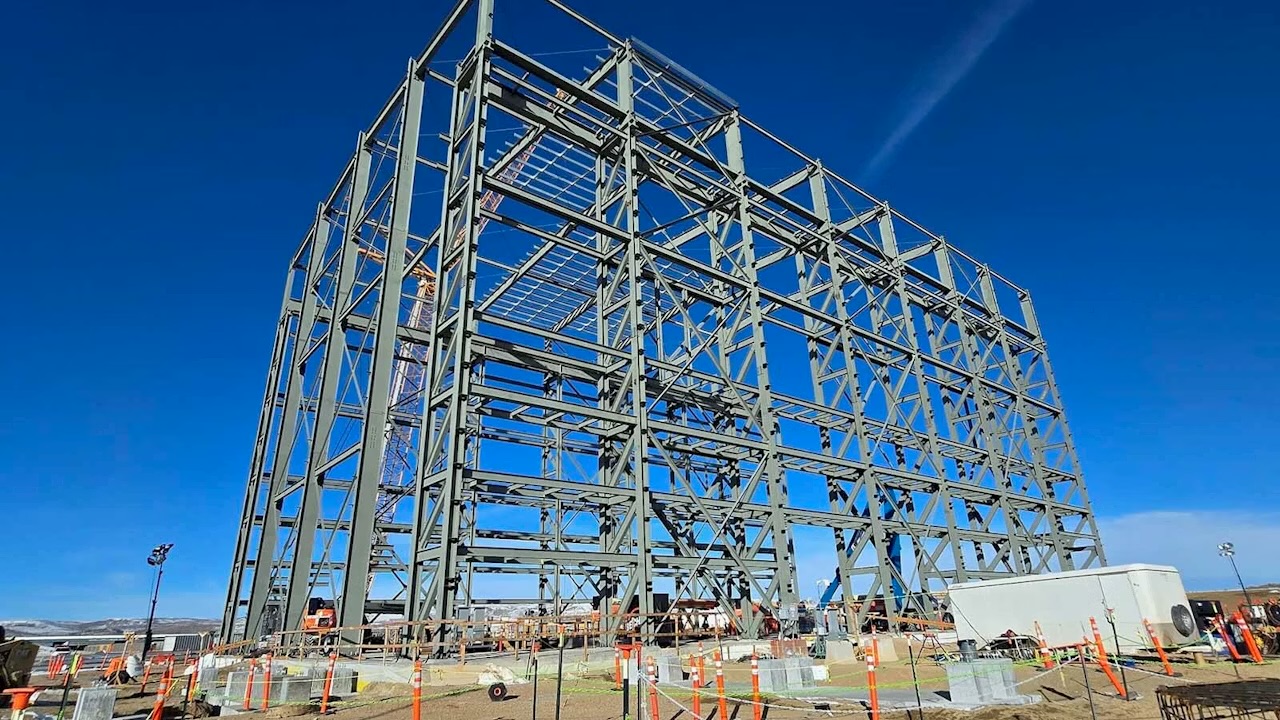House Republicans Advance Budget Plan Targeting Climate Provisions to Fund Trump-Era Tax Cuts

House Republicans on Wednesday advanced a sweeping budget proposal that would significantly roll back climate and clean energy investments established under the Inflation Reduction Act (IRA), aiming to redirect funds toward extending tax cuts originally passed during former President Donald Trump’s administration.
The legislation — described by Republicans as “One, Big, Beautiful Bill” — proposes major revisions to the IRA, which has underpinned hundreds of billions in climate-related investments across the US. The bill targets tax credits and funding streams for renewable energy, electric vehicles, energy efficiency upgrades, and advanced manufacturing.
According to a report from the Clean Investment Monitor, the IRA has already supported $321 billion in completed investments, with another $522 billion underway. The Republican-led proposal would cut many of these initiatives short, with several credits set to end by 2025 instead of being phased out over the next decade.
The package also includes measures to expand fossil fuel development. It proposes streamlining permitting for oil and gas projects, rescinding Clean Air Act pollution funding, and dedicating $2 billion to replenish the Strategic Petroleum Reserve.
The legislation is part of a broader Republican effort to find $1.5 trillion in spending reductions to offset the cost of Trump-era tax policies. A floor vote is expected before Memorial Day, after which the bill would head to the Senate.
While many GOP lawmakers support the proposed cuts, a number of Republicans in both chambers have voiced concerns. Four Senate Republicans recently urged caution against repealing climate tax credits outright, warning such changes could destabilize markets and raise energy costs. Similarly, 13 House Republicans — led by Rep. Jen Kiggans (R-Va.) — issued a statement stressing the importance of maintaining investment certainty to meet rising energy demands.
“The bill risks undercutting energy security, raising costs, and disrupting business planning,” the group wrote.
They criticized provisions that limit tax credit eligibility until projects produce energy — rather than at the start of construction — and called for extended transferability of clean energy credits to support long-term planning.
More than 80% of IRA-related investments have flowed into Republican districts, according to a 2024 CBS News report. Industry stakeholders have been lobbying Congress to protect clean energy incentives, citing their role in job creation and domestic manufacturing.
Enphase Energy co-founder Raghu Belur, whose company operates in South Carolina and Texas, said the sudden policy shift was more extreme than expected.
“This isn’t a gradual transition — it’s abrupt,” he told CBS.
He and others worry that small businesses such as solar installers will be hardest hit.
Environmental and clean energy organizations argue that ending these credits prematurely could stall US competitiveness in emerging technologies. Evan Chapman of Clean Tomorrow, a nonpartisan advocacy group, said the proposal could lead to reduced energy availability and higher consumer prices.
“This is largely a repeal of the Inflation Reduction Act,” Chapman said. “The impacts would be broad, from solar and wind to hydrogen and nuclear.”
While the bill’s future remains uncertain in the Senate, where moderates may seek adjustments, House Republicans appear determined to move forward. Rep. Vern Buchanan (R-Fla.), vice chair of the House Ways and Means Committee and a supporter of certain clean energy credits, acknowledged more negotiation is likely ahead.
“There’s gonna be a lot of changes,” Buchanan said. “It’s not over. We’re in the first quarter.”









The latest news in your social feeds
Subscribe to our social media platforms to stay tuned